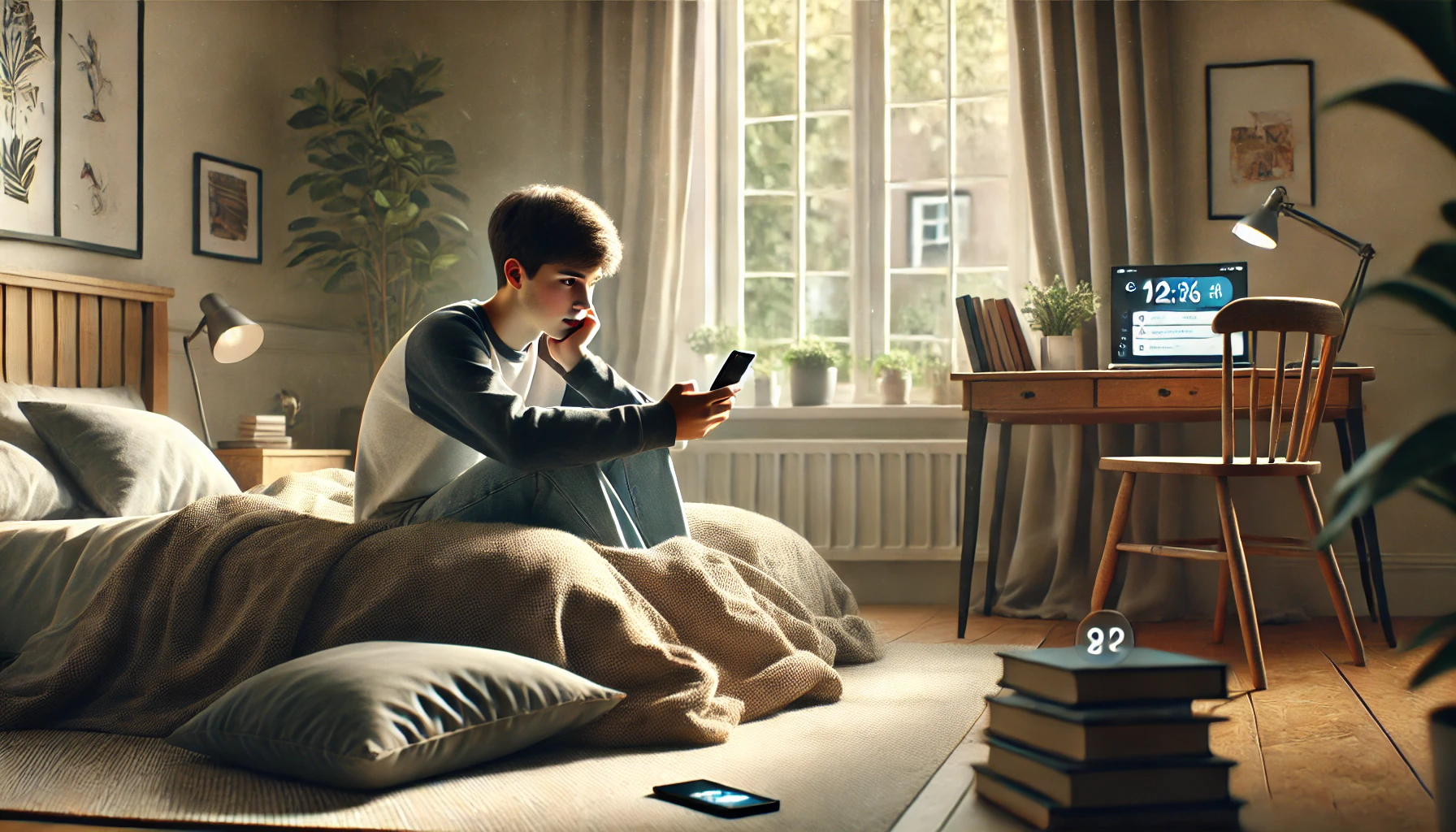Social media is an ever-present part of modern life, especially for young people. It’s where we connect, share, learn, and express ourselves. But while social platforms offer many benefits, they can also have serious effects on mental health—often in subtle ways.
So how do you enjoy the digital world without letting it harm your emotional well-being?
Let’s explore the impact of social media on mental health, the warning signs of digital overload, and how to build a healthier relationship with your screen time.
The Double-Edged Sword of Social Media
Social media can be empowering. It gives voice to marginalized groups, allows creative expression, and fosters global communities.
Benefits of social media include:
- Staying connected with friends and family
- Discovering educational or inspiring content
- Finding communities that support your identity
- Expressing yourself through photos, videos, and posts
But at the same time, social media can:
- Create pressure to appear perfect
- Lead to comparison and low self-esteem
- Fuel anxiety, FOMO (fear of missing out), and digital burnout
- Disrupt sleep and concentration
The key is to become aware of when social media stops serving you—and starts draining you.
Signs That Social Media Is Affecting Your Mental Health
It’s easy to miss the signs that your time online is having a negative effect. Some red flags include:
- Constantly comparing your life to others
- Feeling anxious, lonely, or inadequate after scrolling
- Obsessing over likes, comments, or follower counts
- Difficulty focusing on real-life activities
- Checking your phone impulsively, even when you don’t need to
- Struggling to sleep because of late-night screen use
If any of these feel familiar, you’re not alone. And the good news is: you can regain control.
How to Build a Healthier Digital Routine
Digital well-being is about intentional use—using social media in ways that add value to your life, not stress.
Here’s how to take back your peace:
1. Track Your Screen Time
Use your phone’s built-in screen time tools to see how much time you spend on apps. You might be surprised.
Set time limits if needed—especially before bed.
2. Curate Your Feed
Follow people and pages that uplift, educate, or inspire you. Unfollow accounts that make you feel anxious, judged, or inadequate.
3. Practice the 10-10-10 Rule
Ask yourself: Will this post matter in 10 minutes? 10 days? 10 months? This helps reduce the urge to overshare or obsess.
4. Schedule Screen-Free Breaks
Designate times each day when you’re away from your phone. Even 30 minutes of being fully present—reading, walking, or talking with someone—can refresh your mind.
5. Turn Off Push Notifications
You don’t need to be instantly updated on every like or message. Notifications create unnecessary urgency and keep you tethered to your screen.
Nurturing Real-Life Connections
Online relationships matter, but face-to-face interactions provide deeper emotional fulfillment. Spend more time nurturing your real-world relationships.
Tips:
- Invite a friend to hang out without phones
- Share how you’re really feeling, not just your highlight reel
- Look up during conversations, not down at your screen
- Be fully present when spending time with others
These moments build emotional intimacy that no app can replace.
Social Media and Identity
Platforms like Instagram, TikTok, and Twitter are spaces where identity is expressed. But validation from the internet is not the same as self-worth.
You are more than your curated posts. You are more than your follower count.
It’s okay to share your life online, but don’t let it define your value.
You’re in Control—Not the Algorithm
Social media is designed to keep you engaged. Algorithms push content that triggers strong emotional responses—especially fear, anger, or envy. Recognizing this gives you the power to resist manipulation.
Instead of being pulled by the algorithm, ask:
- What do I want to feel today?
- Who do I want to connect with?
- What content truly nourishes me?
Make intentional choices instead of automatic scrolling.
Final Thoughts: Reclaiming Your Mental Space
Social media can be a powerful tool—but only if you use it mindfully. It should enhance your life, not make you feel worse about it.
By setting boundaries, cultivating real connections, and curating your digital environment, you protect your mental clarity, your emotional balance, and your sense of self.
You deserve a life that feels good offline too.
